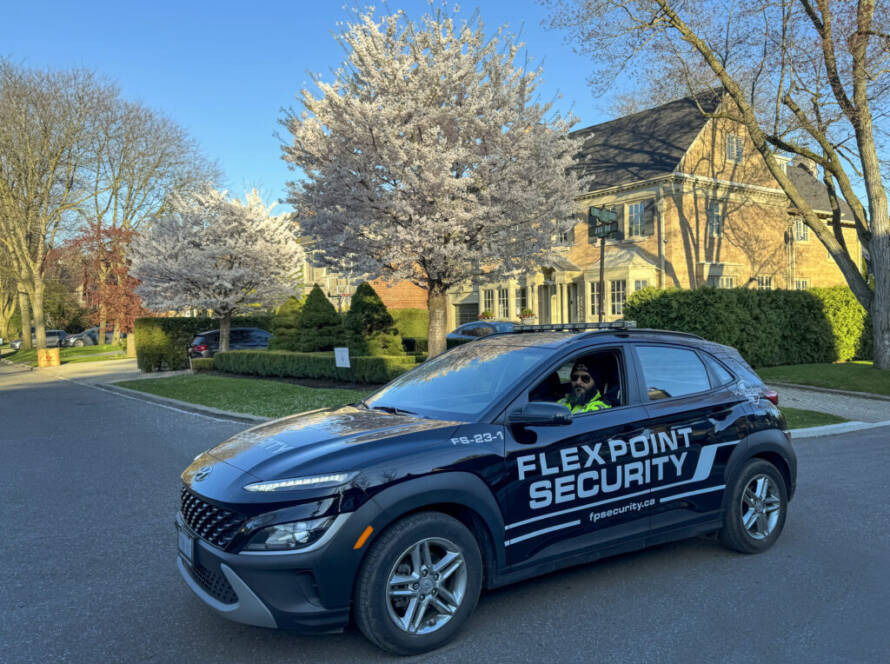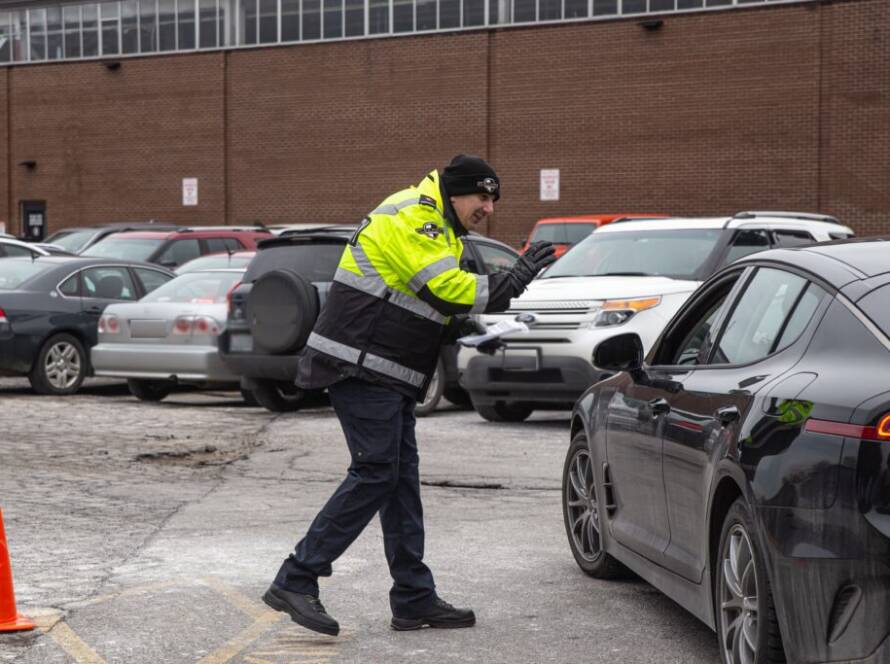
You’ve worked hard for this vacation.
Your bags are packed, the out-of-office reply is on, and you’re finally getting a well-deserved break. Whether you’re catching flights or chasing sunsets, it’s tempting to post every highlight online in real-time.
But before you upload that dreamy beach view, ask yourself one crucial question: What does this post reveal—and who’s watching?
At a time when sharing every moment is second nature, this insight is your reminder to pause, protect, and post more thoughtfully. Here’s why delaying your vacation updates could be one of the best vacation safety tips you can follow this year.
Real-Time Posts Can Put Your Home at Risk
When you post a vacation photo or update while you’re away, you share more than just a beautiful view. You reveal that your home is empty.
To someone with bad intentions, that’s an open invitation.
Even if your social media accounts are private, it doesn’t guarantee your information stays within your circle. Content can be shared, screenshotted, or seen through public tags and algorithms. And it only takes one person—intentionally or unintentionally—to make that information more visible than you’d like.
Real-world break-ins have happened simply because homeowners unknowingly announced their absence online. That’s a risk not worth taking. That’s where the next vacation safety tip comes in.
Privacy Settings Aren’t Bulletproof
You might think your posts are only seen by close friends and family. But social media platforms are built to expand reach—not limit it.
Your “private” vacation can still go public when:
- A friend tags or shares your post.
- You check into a public location.
- You use popular hashtags or tag a hotel or city, making your post discoverable.
Suddenly, people you’ve never met are tuning in to your once-private family getaway. And one of them now knows exactly when your house is unoccupied.
Cybersecurity Tips: Avoid Public Wi-Fi While Traveling

Vacation mode often means connecting to airport Wi-Fi, hotel networks, or local cafés. It’s convenient but can also expose your devices to serious risks.
Hackers often target public Wi-Fi networks to intercept data or plant malicious software. That quick scroll through your bank app or email? It might be giving someone access to personal information.
Here’s how to stay digitally safe while travelling:
- Encrypt your data and help block unwanted access by using a VPN (Virtual Private Network).
- Avoid logging into financial or work accounts on public Wi-Fi.
- Disable auto-connect features on your devices so they don’t hop on networks without your knowledge.
- Verify network names with hotel staff or venue signs to avoid connecting to fake hotspots.
- Update your apps and software before you leave—security updates matter.
Your digital imprint matters just as much as your physical one. Keep both protected on your next adventure.
Smart Home Security Tips for Travelers
Posting online is just one piece of the puzzle. Smart travel also means securing your home while you’re away.
Use these vacation tips to protect your space:
- Set timers on lights to mimic daily routines.
- Have someone you trust, a neighbour or friend, check in on your home regularly.
- Ask someone to collect your mail or pause deliveries so nothing piles up.
- Avoid posting pre-trip excitement like countdowns, flight times, or hotel bookings.
- Double-check all locks and alarms before heading out.
If you have a home security system, ensure it’s functioning correctly and someone local can respond if needed.
Flex Point Security recommends building travel prep checklists that include digital and physical safety.
Think About Who You’re Reaching
Even if you think you’re just updating friends or family, consider how broad your digital reach is. If you’re a business owner, a public figure, or have an open profile, your content could be seen by hundreds or thousands of strangers.
That includes:
- People who follow you for your brand or business.
- Followers of tagged locations or hashtags.
- Bots and fake accounts collecting data.
Be intentional with your audience. Privacy isn’t paranoia; it’s protection.
Delayed Sharing is Safer and Better for Engagement
You don’t have to stop sharing your memories. You just need to shift when you share them. Something shifts when you’re not focused on uploading, tagging, and responding to comments. You start noticing more, enjoying more, and being more there.
And when you get home, you’ll have more to share—stories, memories, and perspectives. Instead of feeding the algorithm while you’re away, you’re feeding your experience in the moment.
Your photos aren’t just content. They’re personal. They deserve more than a rushed caption and a heart emoji.
Instead of real-time updates, consider waiting until you’re home to post. Here’s why it works:
- It removes the real-time location risk.
- You gain space to curate and reflect.
- You stay more present in the moment.
You can still document your trip. Snap the photos. Capture the videos. Then, once you’re home, turn them into a thoughtful highlight reel or recap post. It’s safer and often leads to more engaging, polished content.
If you run a business or personal brand, scheduled posts can keep your feed active without disclosing your absence.
Final Vacation Safety Tips from Flex Point Security
Social media isn’t the enemy. It’s a powerful tool for connection, storytelling, and reflection. But like any tool, you need to use it responsibly—especially when your safety is on the line.
So next time you feel tempted to post in the moment, pause and take a breath. Save the photo. Savour the experience. And share it later on your terms.
A safer vacation is a much more relaxed one. Travel should be joyful—not stressful. And there’s real peace of mind in knowing your home is safe, your digital presence is secure, and your memories are protected.
Being cautious doesn’t mean being disconnected. It means being aware, intentional, and empowered.
Your safety, memories, and peace of mind are worth it.
Want expert-led training in safety and protection?
Explore Flex Point Security for professional training in personal protection, cybersecurity awareness, and emergency preparedness. Whether you’re working in security or just want to feel more confident in everyday situations, we’ve got you covered.
📘 Download our Security Guard Handbook on Kindle or Audible, and visit Flex Point Academy to learn more.
Looking for First Aid, CPR, or blended safety courses?
Head over to Flex Point Academy — your trusted source for certified, online training designed for parents, professionals, and everyday Canadians.


